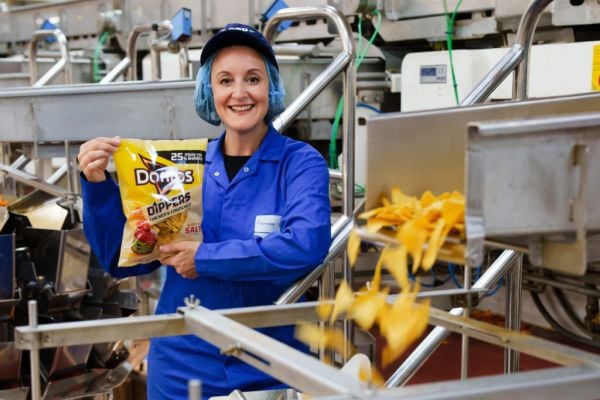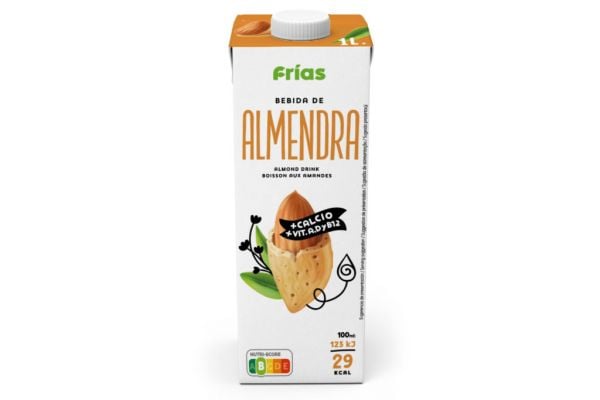The consumption of plant-based meat protein products in out-of-home (OOH) eateries has increased by 48% compared to 2019 across Germany, France, the UK, Italy and Spain, according to research from Circana.
In contrast, the number of total product servings declined in other food protein categories, including beef (-5%), pork (-16%), chicken (-5%), fish/seafood (-13%) and other meat (-20%).
Plant-based products have gained popularity in recent years as fast-food chains and restaurants throughout Europe cater to growing consumer demands for sustainable, healthier and cruelty-free menu options.
Around 45% of consumers said they are more loyal to restaurants that care about sustainability, with Italy voicing the strongest concern (56%) followed by Spain (49%) and the UK least concerned (38%), data showed.
Burgers Buck The Trend
Compared with other protein categories, plant-based meat has shown the strongest growth across all formats since 2019.
The overall number of servings across each protein category has dropped with one exception – burgers.
While the number of servings in other formats, such as sandwiches and wraps, has declined, burgers saw solid growth (beef +4%, chicken +16%, fish +11%, other meat +14%).
Jochen Pinsker, senior vice president of European Foodservice at Circana commented, “Plant-based products, particularly burgers, are experiencing significant market growth and are expected to sustain this momentum through 2024.
"This is particularly evident as the quality, taste, and texture of plant-based products have significantly improved compared to offerings from just a few years ago.”
Despite the overall decline in visits to OOH venues, consumption of plant-based burgers grew by 90% in the year ended August 2023 compared with 2019, and by 20% year on year.
Pinsker added, "The decline in servings we’re seeing across different protein groups has more to do with the format in which products are being sold, rather than the actual type of protein.
"For example, while overall beef servings are down, beef burgers are up by 4%. Chicken and fish burgers are also up with significant growth coming from plant-based burgers. With more people working from home, servings of other formats once consumed in the workplace, such as sandwiches and wraps, have declined."
Dieting And Inclusivity
Growing demand for plant-based items, like burgers, is being fuelled by consumers choosing to reduce their meat intake.
Although vegan and vegetarian consumers make up only 2% and 6% of the population, respectively, within the 'Big 5' EU countries, a significant 25% of the total population follows a flexitarian diet, data showed.
Choosing vegan or vegetarian diets or adopting a flexitarian approach towards food preferences is most popular in Germany (44%), followed by France (35%).
It is the lowest in southern European countries such as Spain (24%) and Italy (30%).
However, these same countries scored highly when asked about inclusivity.
Consumers from Spain (66%), the UK (64%) and Italy (63%) said they expected restaurants to satisfy the needs of customers with special dietary or food needs, compared to Germany (41%) and France (55%) which scored lowest.
According to Pinsker, the OOH hospitality sector must ensure complete transparency with consumers when it comes to revealing the exact source of meat replacement ingredients.
They should also be cautious not to set excessively high prices for plant-based alternatives and focus on positive environmental impact rather than their health benefits when promoting new plant-based menu options.
Future Trends
The study predicted that spending in the food service market for 2024 is expected to reach €338 billion across the ‘Big 5’, marking an increase of €17 billion from 2023 and €29 billion more than the pre-COVID-19 level in 2019.
The number of vegetarians and vegans in Europe is expected to remain stable. while the number of flexitarians will continue to rise.
Younger consumers have a stronger connection with plant-based alternatives, which will likely persist into their older years.
This trend presents a long-term growth opportunity for these products, the study noted.
Plant-based alternatives are expected to become more cost-effective than their meat counterparts.














